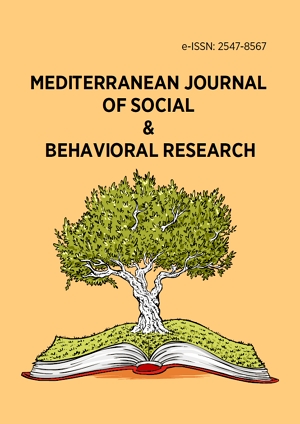Abstract
Determination of the perceptions of the prospective teachers for the ICT terms have a remarkable potential to provide input for technology integration plans and ICT trainings. Within this context, the purpose of this study is to discover the metaphors constructed by prospective teachers for the ICT terms. Data were gathered from 180 prospective teachers through survey. 977 valid metaphors constructed by the participants were grouped into conceptual categories for the six ICT terms. The most common conceptual categories are “developing and changing” for the technology, “making life easy” for computers and search engines, “limitless and endless” for the Internet, “means of communication” for social networks, and “addictive items” for video games.
License
This is an open access article distributed under the Creative Commons Attribution License which permits unrestricted use, distribution, and reproduction in any medium, provided the original work is properly cited.
Article Type: Research Article
MEDITERR J SOC BEH RES, Volume 4, Issue 1, February 2020, 11-18
https://doi.org/10.30935/mjosbr/9596
Publication date: 01 Apr 2020
Article Views: 2393
Article Downloads: 1686
Open Access References How to cite this article
 Full Text (PDF)
Full Text (PDF)